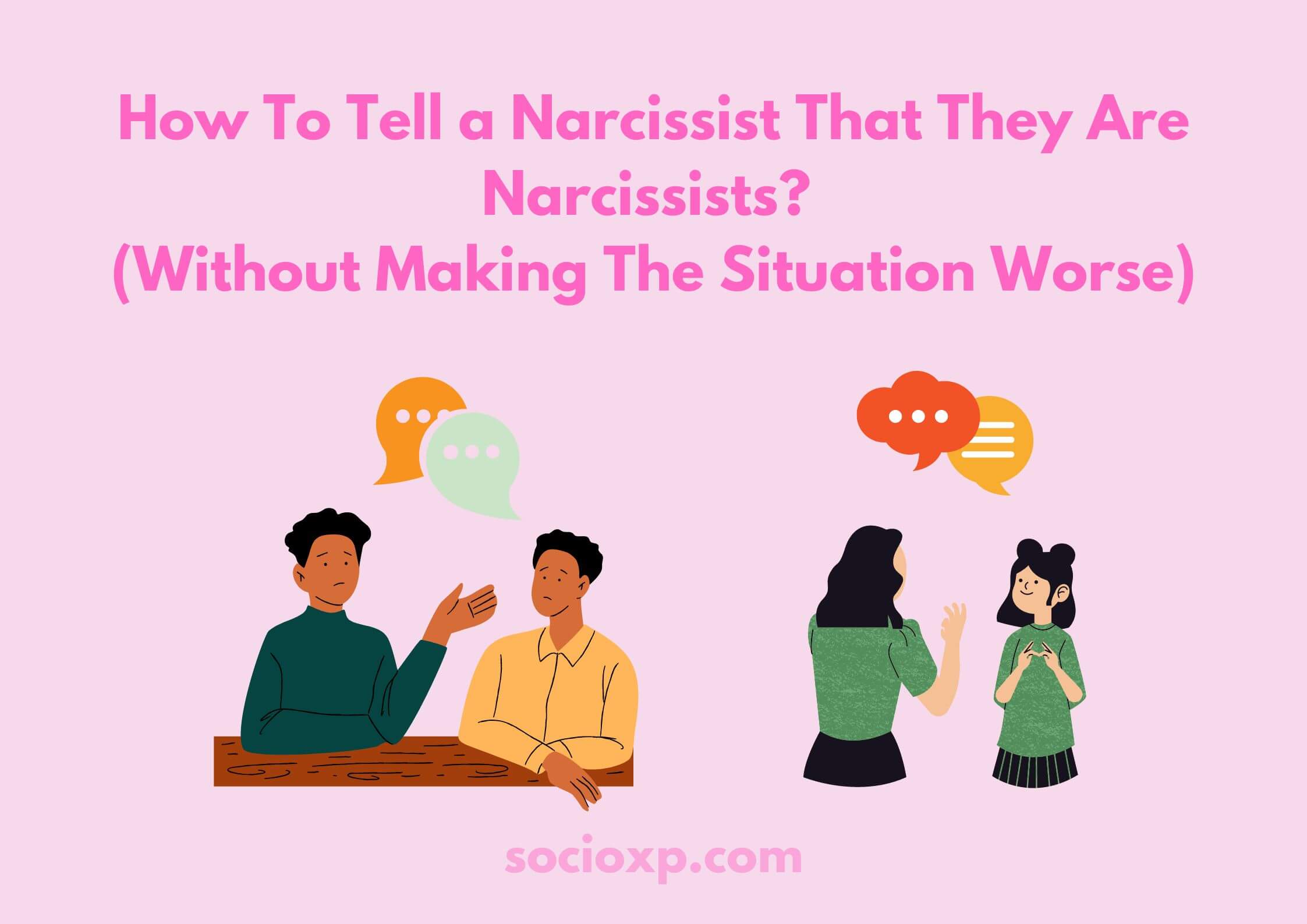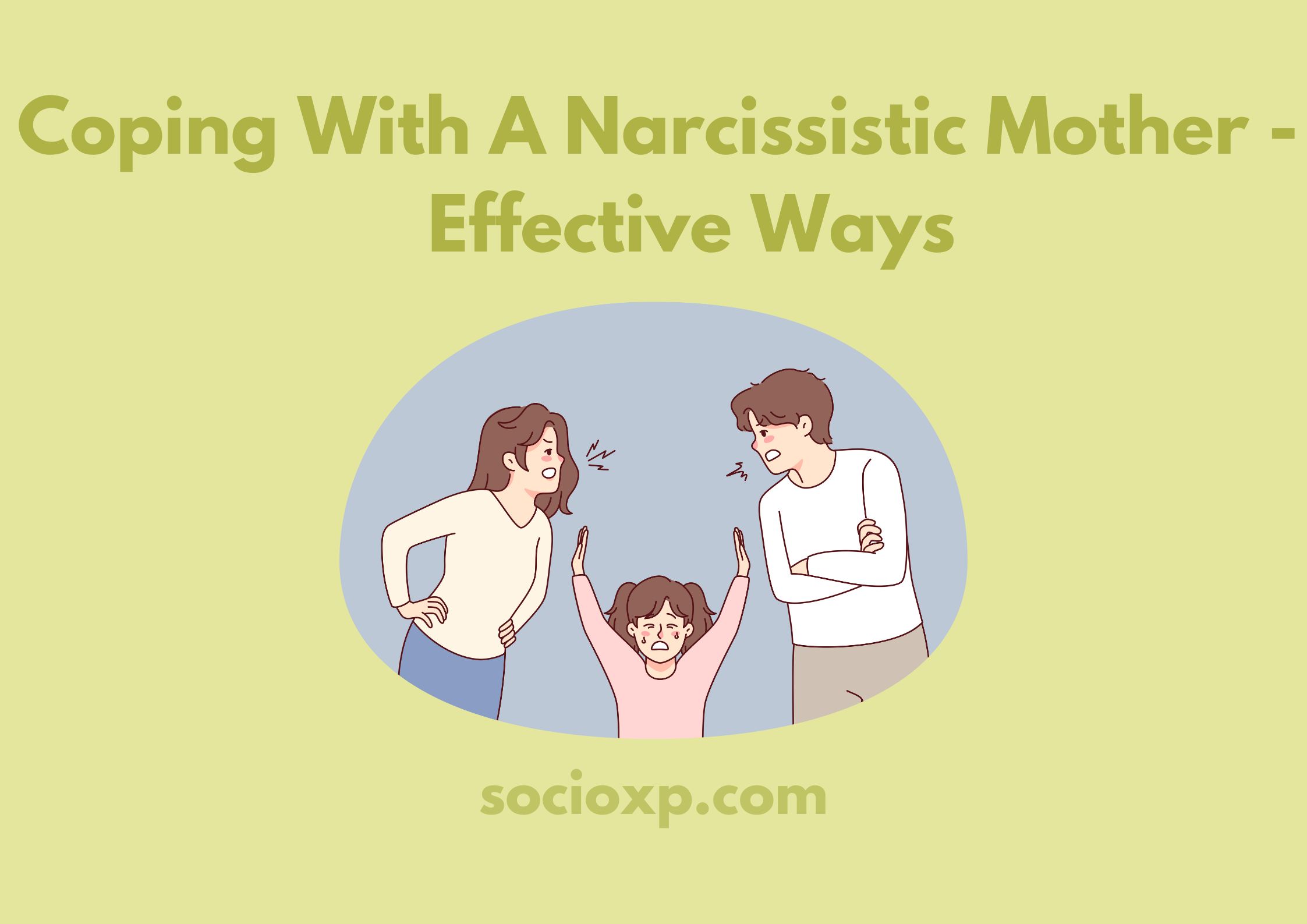Are Accusations From A Narcissist Confessions? (& How To Respond To Them?)
Are Accusations from a Narcissist Confessions? Are accusations simply a projection of their inbuilt guilt or are they meant to be regarded as confessions? How should a narcissistic abuse victim perceive accusations? Just spare a moment to find out the answer to the question here below.
Generally, a narcissist makes accusations typically to avoid taking blame or to shift the blame onto others. This means that they are just avoiding taking accountability for their actions. Whereas, a confession is meant for admitting wrongdoing or taking accountability for something which is bothersome or seems incorrect. Confessions are meant to be for taking responsibility and showing remorse for one’s actions.
But does a narcissist ever feel or show remorse for their actions? Should you consider the accusations from a Narcissist as Confessions? Let us find out further in the article.

Interpretation of Narcissism
Narcissism is a personality disorder associated with mental health and is identified by a lack of empathy toward others and an inflated sense of self-importance. It is a mental health disorder that affects millions of people worldwide, especially in the era of negatively influencing social media, changing cultural beliefs, and the wide-spreading awareness of gender roles.
Characterized by a grandiose sense of self-importance, a need for admiration, and a lack of empathy, narcissism is a personality disorder that affects approximately 1% of the population. Narcissists are often difficult to deal with because they have an inflated sense of self-worth that permeates every aspect of their lives. They may feel entitled, arrogant, and self-centered, and their behavior can be highly unpredictable, causing chaos and dysfunction in personal and professional relationships.
Narcissistic Personality Disorder is a mental health condition, where the patient has extremely high admiration for themselves, including boosted self-esteem, self-centeredness, high self-worth, boosted ego, and a low tolerance for criticism, emotions, and attachments.

It is a mental health condition that is characterized by an extensive pattern of grandiosity, a constant need for validation, admiration, and appreciation, and a lack of consideration. People suffering from Narcissistic Personality Disorder have a boosted self-importance, ego, and an urge to constantly exploit for their own good.
Narcissists have a tendency to believe that they are superior to others in every way, and they often feel entitled to special treatment. Narcissists can be some of the most difficult people to deal with when they are making accusations. But are accusations from a narcissist confessions? And how should you respond to them? Let us know.
Why a narcissist might accuse others of their actions?
- Narcissist accuses others of their actions as a way to protect their ego and deflect the blame from themselves to others.
- Narcissists can easily avoid taking responsibility for their negative actions and behavior by accusing others and also find a way to maintain their self-image as superior and faultless.
- Blaming others may also serve as a manipulation tactic to control and manipulate others, as they are able to shift blame onto others and turn the attention away from their actions.
- It is a way to divert people’s attention from viewing them as a culprit and thus maintain their grandiose image.
Are Accusations from a Narcissist Confessions?
The answer to this question has a likelihood of both possibilities, meaning in some cases, the accusations from the narcissists can be confessions of their own actions but in an indirect way. Narcissists might not want to disclose their shortcomings, hence they might accuse you of what they have committed. Also, they would definitely be aware of their wrongdoings, but would never confess anything as it might harm their grand reputation.
In some cases, those confessions are not meant to be confessions but a simple way of manipulating, tricking, and making others believe their reality of idea to other people by making them the wrongdoer or tricking them into believing that they are guilty of something. Narcissists have a tendency to neglect taking responsibility for their wrong actions, and thus they often trick their victims into believing the accusations that the narcissists have put on them.
Accusations from a narcissist cannot be considered confessions because they are not sincere admissions of wrongdoing or guilt. Instead, they are often manipulative attempts to shift blame and avoid accountability.

Do narcissist accusations seem to be confessions of their own actions?
One of the key features of Narcissistic Personality Disorder is that those who suffer through, have a tendency to make false accusations against others. For understanding this in simple words, narcissists have a tendency to blame others for their mistakes, they could easily shift the blame onto others. These blame or false accusations may include more serious matters like blaming others for theft, criminal activity, unfaithfulness to their partners, or anything that might also entangle with the law.
Narcissists are individuals who display a pattern of grandiosity, a need for admiration, and a lack of empathy. Accusations made by narcissists may not necessarily reflect their own behavior or actions but rather a projection of their insecurities or a way to manipulate others.
According to psychology experts, sometimes narcissists may project their own actions, thoughts, and feelings onto others and cause them to have the same behavior. This is a defense mechanism called projection. It allows the narcissist to avoid taking responsibility for their own actions and maintain their self-image as flawless. Therefore, accusations from a narcissist may sometimes reveal their own flaws and actions.
According to psychology experts, narcissistic projections can take various forms such as,
- Blaming others for their mistakes, shortcomings, or wrongdoings.
- Blaming others for what they feel guilty of themselves.
- Accusing others of not loving or caring for them enough.
- Accusing others of being overly sensitive or reasonable.
- Accusing others of being insufficiently supportive or appreciative.
Narcissistic accusations are indirect confessions of their negative actions and projections of their thoughts and ways of protecting their fragile ego and maintaining their self-image. It is important to recognize these patterns of behavioral abuse, not to take anything personally, and also not accept the accusations, as they are not your wrongdoings and just the narcissists projecting all their insecurities and negative actions.
So are accusations from a narcissist confessions? – The answer can simply be comprehended as a no. While it may seem like a narcissist is admitting to something when they make an accusation against someone else, this is not the case. It may clearly seem like the narcissist is trying to unveil their shortcomings but they are just blame-shifting their own shortcomings onto others by accusing them of something that others might not have even committed.
In most cases, it is observed that narcissists hardly commit to their wrongdoings or shortcomings. In rare cases, one might notice such a miraculous event where a narcissist accepts the blame for their actions. In fact, narcissists rarely accept or admit to their wrongdoings, even when they are caught red-handed. Instead, they often blame others for their actions making excuses to neglect or avoid taking responsibility.

How should you respond when a narcissist makes an accusation against you?
The first thing you need to do is remain unflustered or equable. It is natural to get aggressive in such situations, and also defend fiercely or with anger when someone accuses you of something that you have not even committed. But doing so might only worsen the situation by escalating the narcissist’s reactions. One prime aspect to deal with such a situation is to take a deep breath and try to view the situation rationally weighing the reasons and probabilities of the accusations.
The next step is to try gathering as much information as possible about the accusation. Questioning the very existence of the accusation, digging deep to the origin or happenings, and gathering the specific details of what they are accusing you of. If the narcissist reacts aggressively and denies providing the specific details regarding the accusation then take it as a red flag and a green pass for you being innocent and being wrongly accused of something. This indicates that the narcissist is not being truthful, so try collecting as much evidence and support as possible to prove your innocence.
The third step is to draw boundaries with the narcissist. If the narcissist continues to make false accusations against you or refuses to listen to reason, it may become essential here to cut off contact with them. This may seem like a difficult task, especially if the narcissist is a family member, romantic partner, or co-worker, but to protect yourself from their toxicity, this step becomes necessary. Instead of cutting the contact, you may also choose a mid-way where you limit their access to yourself, this way you can protect yourself.
Inference
Accusations from a narcissist are not confessions. Narcissists rarely take responsibility for their actions and will often make false accusations against others to deflect blame or gain control of the situation. If you find yourself dealing with a narcissist who is making false accusations against you, you may first take a deep breath, calm yourself down, gather information, and set boundaries to protect yourself.
Narcissistic accusations are indirect confessions of their negative actions and projections of their thoughts and ways of protecting their fragile ego and maintaining their self-image. It is important to recognize these patterns of behavioral abuse, not to take anything personally, and also not accept the accusations, as they are not your wrongdoings and just the narcissists projecting all their insecurities and negative actions.
- How does a Narcissist respond to No Contact?: 10 Plausible reactions - November 6, 2025
- The Inverted Narcissist: Traits that Describe Them - November 6, 2025
- What is an Empathetic Narcissist?: Meaning, Traits, and Ways to Cope with Them - November 4, 2025


